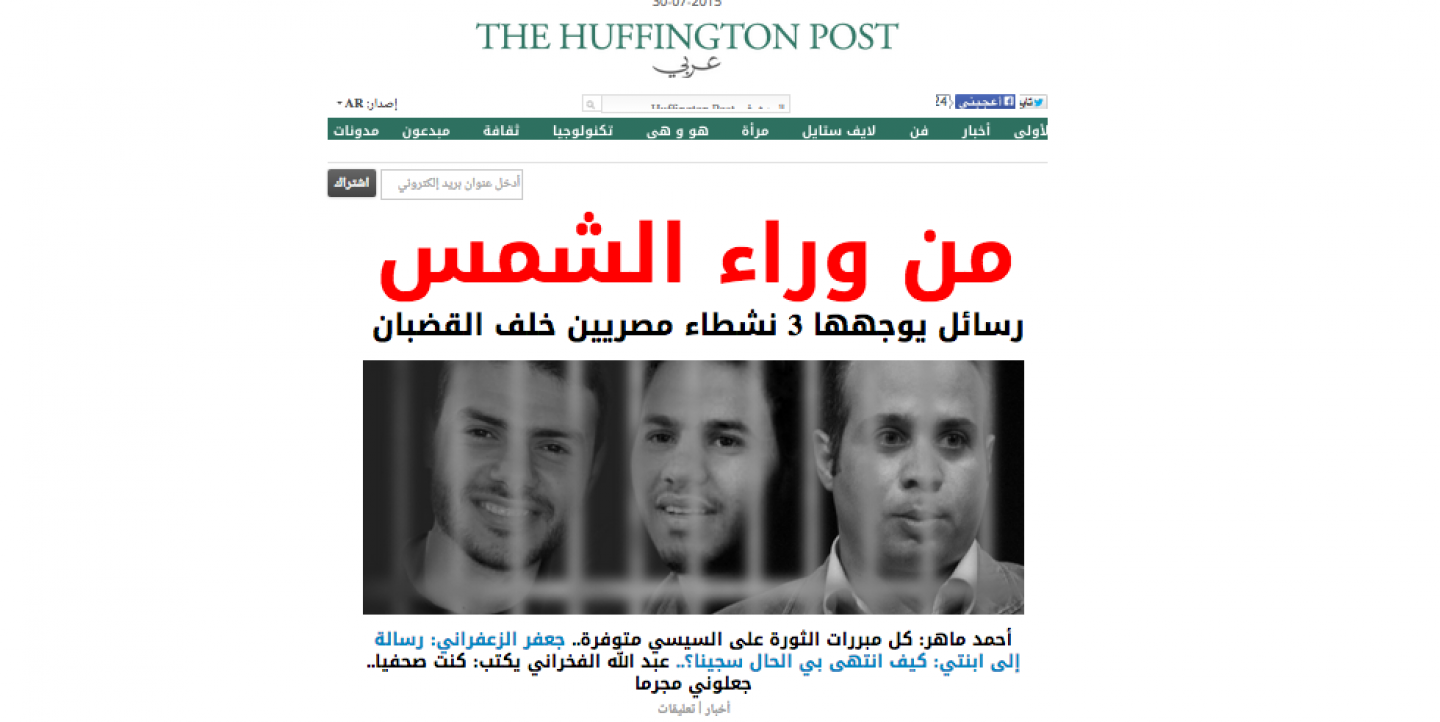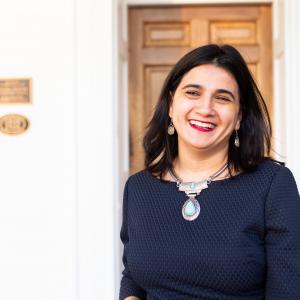The Arab World remains an area of interest to many reporters and newsmakers mostly due to the constant political turmoil happening on its soil. From the Arab Spring to the rise of ISIS, the Middle East has no shortage of news. Building on this momentum, the online news website Huffington Post launched an Arabic version of the site on Monday.
The Arabic version, dubbed “HuffPost Arabi,” is the 14th localized version of the site. It is run in partnership with London-based Integral Media Strategies. The site follows a structure similar to the main Huffington Post site with its mix of reporting and opinion pieces.
However, according to Huffington Post founder Arianna Huffington, “video is going to be more central than in any of our previous launches” due to the the incredible YouTube viewership in the region; the region ranks second after the U.S. in YouTube viewership. HuffPost Arabi has plans to highlight YouTube users from across the region including comedians, cartoonists and filmmakers.
On the launch day, HuffPost Arabi contributors included Queen Rania of Jordan along with young writers and activists. The main story that day was an interview with Tunisian politician and former Tunisian president Moncef Marzouki in which he talked about the Arab Spring in Tunisia and Egypt and the aftermath.
The site follows the original design of the Huffington Post with its overly large, bright red characters for the main story’s headline. The site also has a section called “Solutions” or Huloul in Arabic, which features good news from the region or “what’s working."
The Huffington Post also has plans to deal with the security of the writers who collaborate with it. The Middle East is considered one of the most dangerous places for journalists, not only for fear of conflict and armed militants, but also due to authoritarian regimes that often harass journalists and writers. Three Al Jazeera journalists were imprisoned in Egypt for over a year last year on charges of supporting terrorism.
Writing in Arabic for the Huffington Post might put some in harm’s way if their opinions are not in line with the authorities. According to the Guardian, the organization would “offer help, including legal funding and extensive coverage across Huffington Post, for anyone persecuted for opinions published on the site.”
“One of the reasons why we are going to be based in London and Istanbul is to make it clear avoiding any kind of censorship and control is absolutely key to our coverage,” Ariana Huffington was quoted as saying. “We will support [contributors] in every way.”
Other international new organizations have jumped onto the Arabic bandwagon including France 24, which runs a TV station and a website in Arabic. The Guardian newspaper also started an Arabic version of its website a few years ago, but the site hasn’t been updated since 2012.
Other local websites that follow a similar structure to the Huffington Post is the Amman-based 7iber.com with its mix of news and opinion pieces, and the now defunct Palestinenote.com
HuffPost Arabi will be managed by Wadah Khanfar, former director general of Al Jazeera Network. “This site aims to serve as a window to the future that strengthens hope in the hearts of our most promising sector in Arab society: the youth,” wrote Khanfar on the day of the launch. “To achieve this, the site will be a place for the free and evenhanded exchange of opinions and ideas, and a place free of exclusion and polarization," he added.
You can view HuffPost Arabi here, and follow it on Facebook and Twitter. Also, you can watch a video on Huffington Post live about HuffPost Arabi and its goals.
Image: screenshot of HuffPost Arabi site


